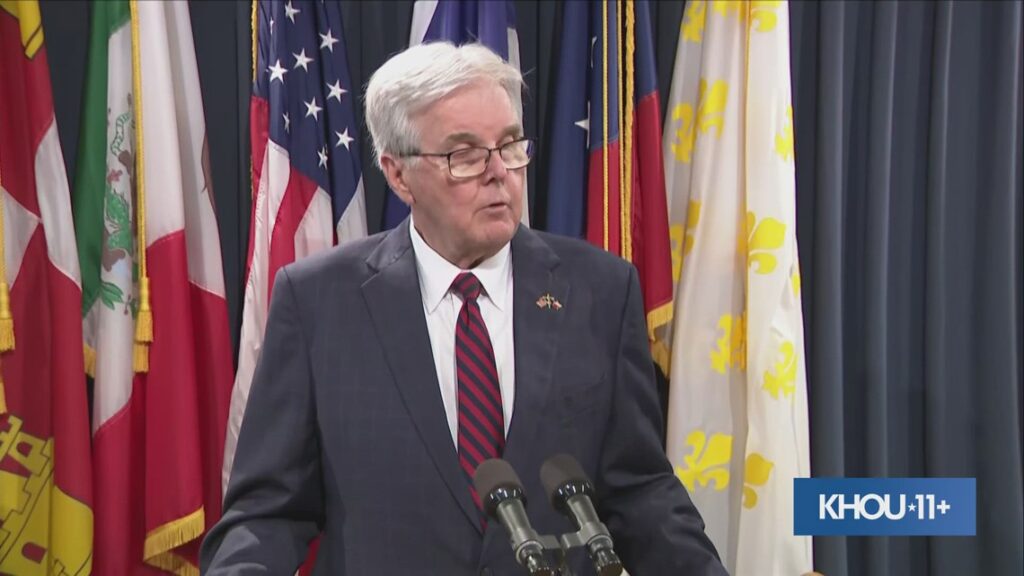
AUSTIN, Texas — Tensions are mounting at the Texas Capitol following Governor Greg Abbott’s decision to veto Senate Bill 3, a legislative proposal aimed at banning consumable hemp products containing THC. Instead of enacting the bill, Abbott has called for a special legislative session to establish a regulatory framework for the substance.
Immediate Impact
The veto of Senate Bill 3 has significant implications for the Texas hemp industry. Had it been approved, the ban could have severely affected businesses operating within this sector. For the time being, the veto permits these businesses to continue their operations while state leaders deliberate on the future of THC regulation.
Abbott’s Concerns Over Legal Challenges
In a public statement, Governor Abbott explained his rationale for vetoing SB 3, highlighting potential constitutional issues. He argued that an outright ban on THC products would likely not survive “valid constitutional challenges” and could “put federal and state law on a collision course.” Abbott cited the 2018 federal Farm Bill, which legalized hemp products nationally, as a central legal hurdle.
Proposed Regulatory Approach
Rather than an outright ban, Abbott advocates for a more structured regulatory approach, akin to the regulation of alcohol in Texas. His proposal includes:
- Banning the sale of THC products to minors
- Requiring product testing throughout the production process
- Empowering local governments to prohibit stores selling THC items
- Providing law enforcement with additional resources to enforce regulations
Abbott has scheduled a special legislative session to begin on July 21 to address this issue.
Patrick’s Response: Veto Equals Marijuana Legalization
Lt. Governor Dan Patrick, a staunch supporter of Senate Bill 3, fiercely criticized the veto during a press conference. He accused Abbott of effectively legalizing recreational marijuana in Texas.
“The governor of the state of Texas wants to legalize recreational marijuana in Texas. That’s the headline, folks,” Patrick declared.
Patrick expressed frustration with the governor’s reversal, noting that Abbott had previously indicated support for the bill.
“He told me in front of witnesses, ‘Your bill is fine,’” Patrick stated. “We get this proclamation after midnight.”
Legal and Enforcement Concerns
Patrick disputed Abbott’s claim that the bill could not withstand legal scrutiny, citing other court rulings that have permitted states to ban similar products. He also expressed skepticism about Abbott’s proposed regulatory model, arguing that Texas lacks the enforcement capacity to manage the thousands of stores currently selling hemp-derived products.
“We don’t have enough law enforcement to do so… They will continue to sell it, skirting the law,” Patrick warned.
Industry Response
The Texas Hemp Business Council issued a statement following Abbott’s veto, underscoring the decision’s positive impact on the industry.
“Governor Greg Abbott’s veto of SB 3 reinforces Texas’ reputation as a leader in business innovation and practical policymaking. By choosing balance over overreach, Governor Abbott protected a vibrant, federally legal hemp industry that employs 53,000 Texans and generates over $4.3 billion in annual sales.”
By the Numbers
The Texas hemp industry employs 53,000 Texans and generates over $4.3 billion in annual sales.
What Comes Next
As the special legislative session approaches, stakeholders from various sectors are preparing to engage in discussions that could shape the future of THC regulation in Texas. The outcome of these deliberations will have far-reaching implications for businesses, consumers, and law enforcement across the state.
The move represents a significant shift from previous legislative efforts and highlights the ongoing debate over the regulation of hemp-derived products in Texas. As the session unfolds, all eyes will be on Austin to see how lawmakers navigate this complex issue.




